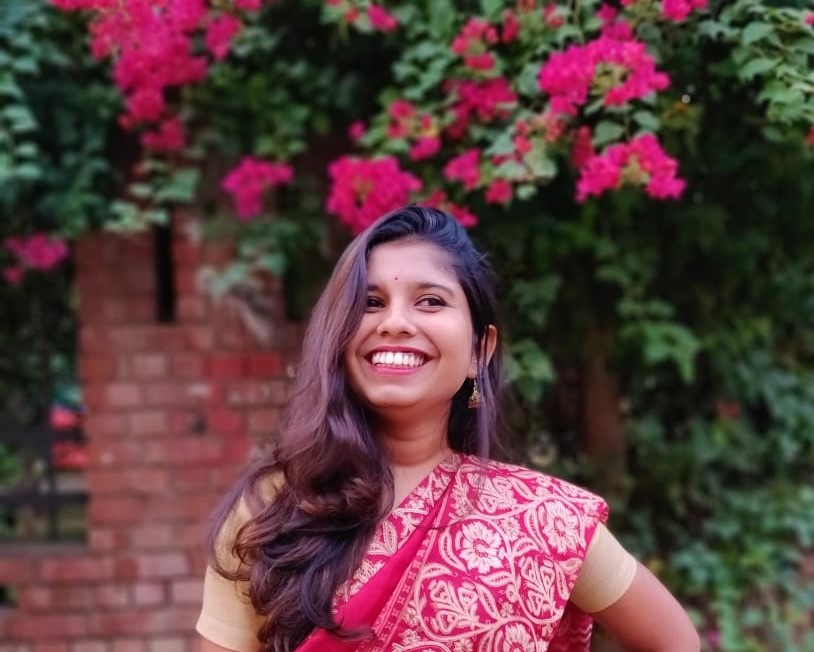Madrisha Debnath is a graduate from Jawaharlal Nehru University in New Delhi with a masters in geography. Her research interests are in the area of feminist geography, geography of bodies and embodiment. Having a female body, she is passionate to understand the cultural practice of FGC and the process of cultural embodiment. She is grateful to Sahiyo for upholding feminist values and thus being culturally inclusive and looks forward to making a meaningful contribution as a research intern at achieving Sahiyo’s aim.
1. When and how did you first get involved with Sahiyo?
I had come to know about the practice of female genital cutting (FGC) in the African context from feminist literature that I was referring to during my master’s course in geography of social wellbeing concerning gender disparity. I had randomly searched for whether the practice was prevalent in the Indian subcontinent. This is when I came to know about Sahiyo and the petition they had initiated against the practice. I was inspired by how a counter feminist space was created by Sahiyo enabling women to come together and speak up against such patriarchal norms and practices. I had approached Sahiyo via email and was interviewed for the position of research intern. I was inspired by the active role Sahiyo had taken in the movement around “my body, my choice” and shared my views on body politics during the interview.
2. What does your work with Sahiyo involve?
My work with Sahiyo includes analyzing transcripts and writing articles and reflections on webinars on FGC. I am working closely with the core team members in performing thematic analysis on survivors’ accounts for Sahiyo’s storytelling project.
3. How has your involvement with Sahiyo impacted your life?
Aspiring to be a researcher, working with Sahiyo has helped me in developing an emic perspective on FGC by gaining sensitive cultural interpretations and working closely with the community facing the issue. I have learned a lot from Sahiyo’s storytelling program on how to normalize talk around such sensitive issues and deal with them from the grassroots level. I also loved the democratic work culture of the organization that gives space for dialogue and participation without feeling overburdened.
4. What words of wisdom would you like to share with others who may be interested in supporting Sahiyo and the movement against FGC?
In my opinion, if anyone is motivated to do a certain task, the will comes from within. It is not easy to break the silence on the taboo of FGC, or for that matter any social problems, but if we start we can contribute to at least some changes and contribute toward building an equal society.

